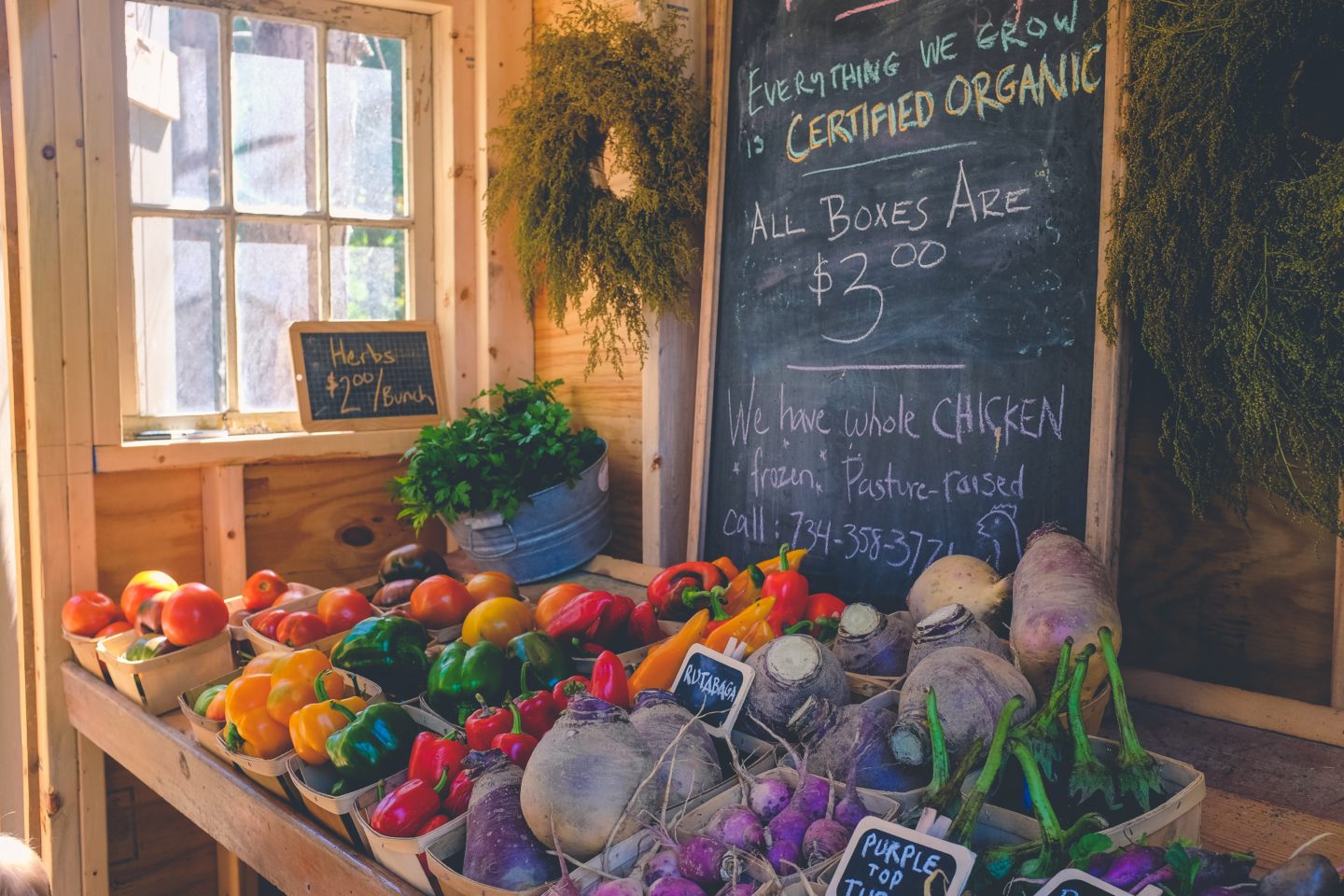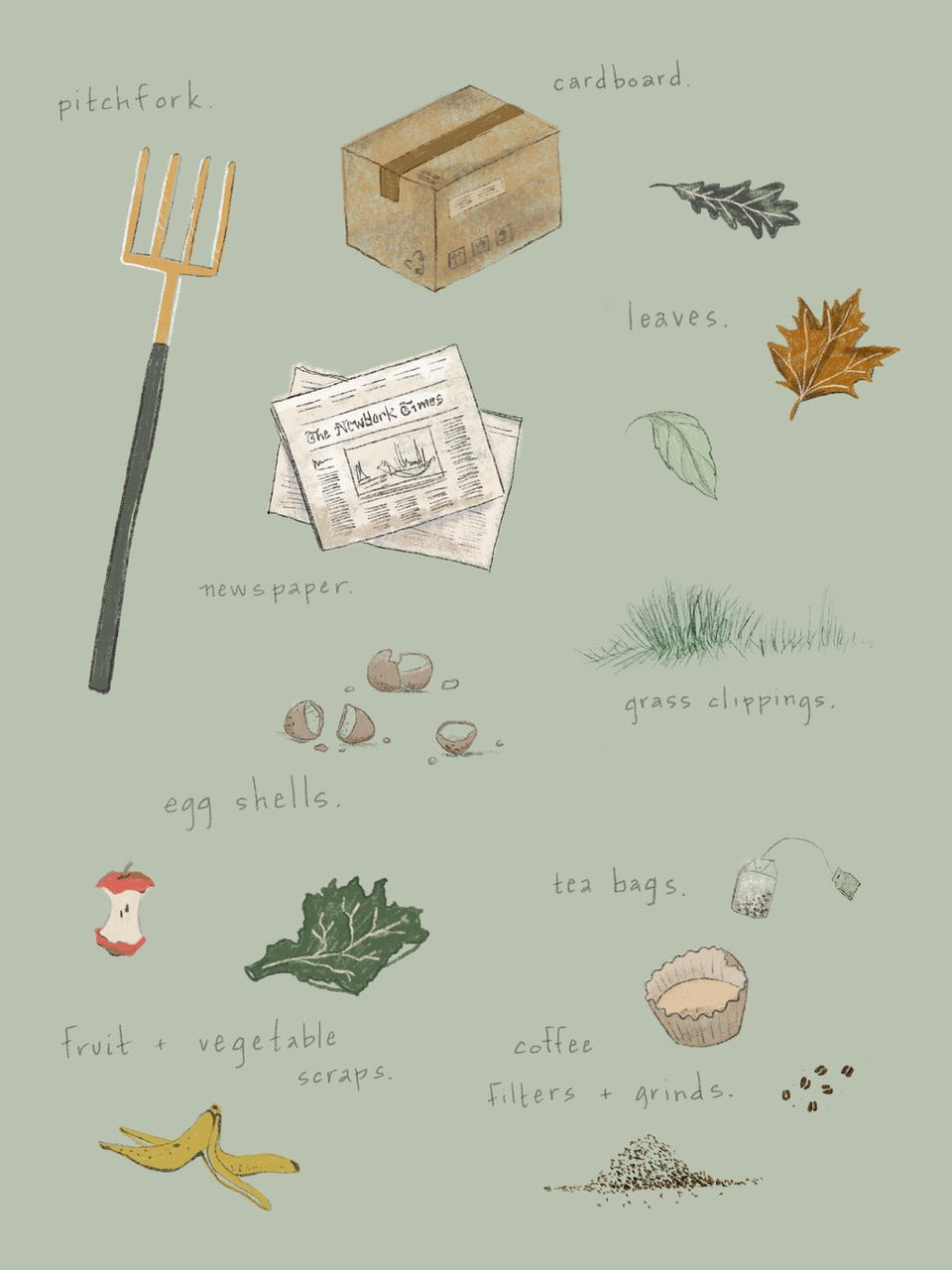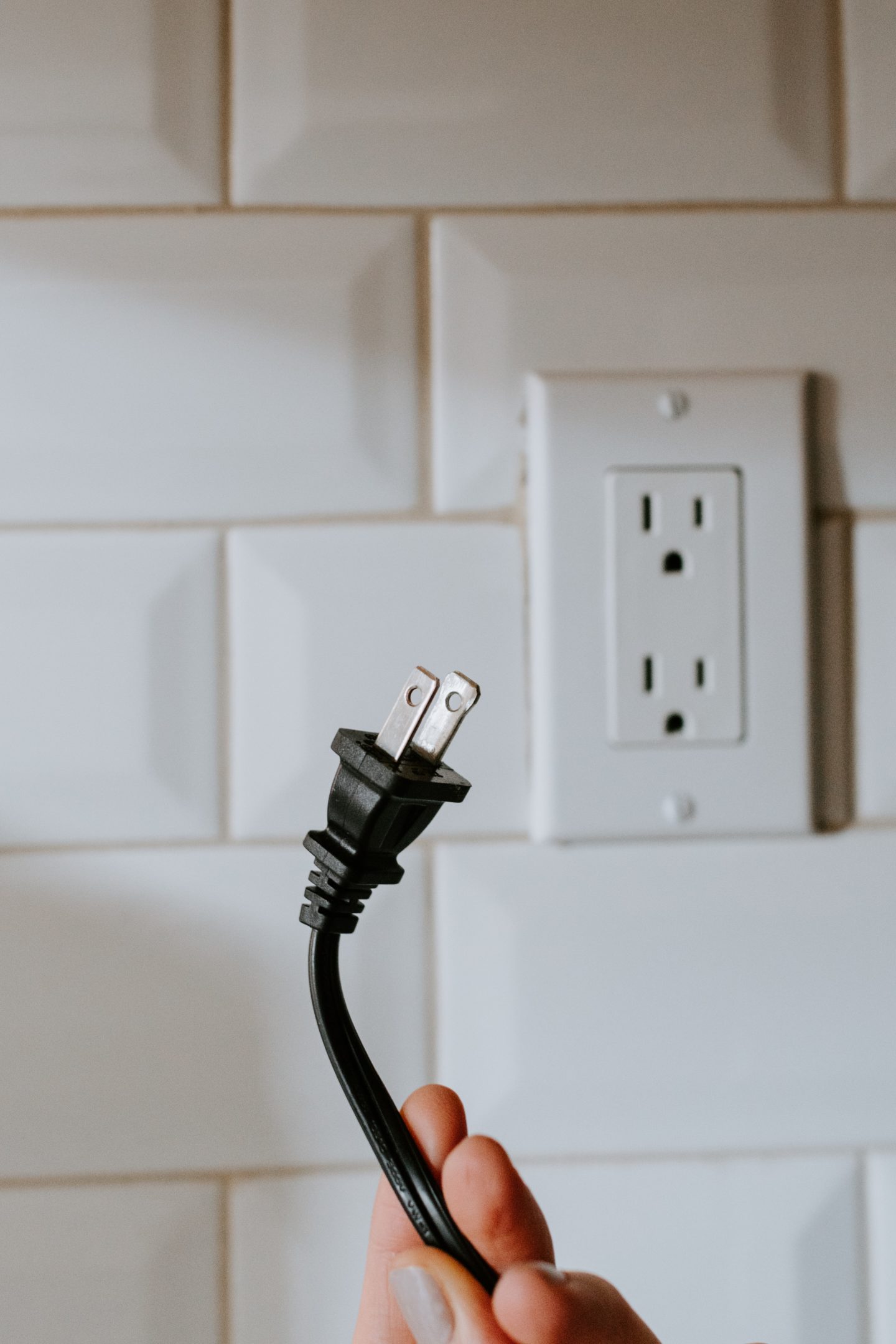The most recent UN Intergovernmental Panel on Climate Change report says the risks of climate change are happening even faster than previously thought. Truthfully the report paints a grim picture, and calls on world leaders to act quickly and with urgency saying, “Climate change is a threat to human well-being and planetary health”…and warns that delaying efforts to cuts in heat-trapping carbon emissions “will miss a brief and rapidly closing window of opportunity to secure a liveable and sustainable future for all.”
Over 70% of global emissions are caused by 100 companies. While I’m going to share some ways we can personally reduce our carbon footprint, it’s corporations and governments that need to step up and do their part. Electing climate leaders who acknowledge the threat of climate change and want to act urgently is essential. The weight of the world is not riding on your shoulders, and this post is not meant to make you feel guilty. Hopefully it will help bring some awareness to how our culture and lifestyles impact the environment, and what we can do to be more environmentally friendly.
The US produces over 15 tons of CO2 emissions per capita, while the rest of the world averages 4 tons. A bulk of what is most harmful to our Earth comes from the burning of fossil fuels including: coal, natural gas and petroleum for energy use (electricity, heating and transportation).
A carbon footprint is the total amount of greenhouse gases generated by our actions. Greenhouse gases are carbon dioxide and methane that contribute to global warming and climate change. Jess and I talk often about what we can do on a personal level to make changes in our own lives so today I am sharing some creative ways to reduce your carbon footprint.
Creative Ways to Reduce Your Carbon Footprint
If you are anything like me, you may feel embarrassed about the amount of trash your small household produces. Start by being more mindful each time you throw something away. What are you throwing away? Can this be replaced with something reusable? I find that we throw away an exorbitant amount of paper towels, paper bags, plastic wrap and plastic baggies. There are so many reusable alternatives out there to replace these wasteful products. Jess loves these Swedish dish cloths that are reusable and compostable. This post has a bunch of great ideas for easy plastic-free swaps.

Reduce Plastic & Paper Waste
Paper towels, plastic bags, tinfoil and other disposables are contributing to the most trash in our landfills. Below are some ideas for replacing some of these common waste products and reducing your carbon footprint.
Plastic Wrap/Aluminum Foil Alternatives
Beeswax Wrap is a great alternative to plastic wrap and aluminum foil. Not only is it made from organic cotton, beeswax, jojoba oil and tree resin but it is washable, reusable and compostable.
Paper/Plastic Bags Alternatives
Is anyone else the absolute worst at remembering your reusable bags when you shop? Well I am making the habit of putting my bags back in my car directly after unloading them a priority. Don’t have reusable bags yet? Check your local food stores and here are a few options below.
Paper Towel Alternatives
If you’re looking to cut back on paper towels (and save some money) these reusable paper towels come in fun prints and get great reviews.
Eat Locally and Sustainably
If you are able, shop at your local farmers market, join a CSA (Community Supported Agriculture), start a garden, and try to eat locally produced veggies and meats. Research has shown that eating a plant-based diet helps the environment.
Reduce Food Waste
Food waste may be one of the worst types of waste we produce. Vermont is actually the first state to require food composting by law and waste management companies are now offering compost pickup services along with their trash and recycling pick-up. There is also the option of starting your own compost if you have the space and resources. Check out this post from Jess on how to start a compost at home.
Compost Bins:
- Countertop Compost Bin
- Rotating Compost Bin
- Classic Compost Bin
- Check out Gardener’s Supply Company for choosing the best outdoor composter.
Shop Sustainable Brands
Shopping with sustainable brands is a great way to support businesses that use environmentally conscious and ethical manufacturing. Second-hand and thrift is also an awesome way to shop sustainably.
some Sustainable Brands:
Sustainable and ethical fashion:
- Able (JAK15 for 15% off)
- Faherty
- Patagonia
- Eileen Fisher
- Pact
- Amour Vert
Clean Beauty:
- Clean + Planet Positive at Sephora
- Follain (JESSANNKIRBY15 for 15% off first purchase).
second Hand/Thrift Options:
Reduce Transportation:
Gas is one of the biggest contributors to our carbon footprint. Looking to cut back on your miles and gas emission? If you live in an area with public transportation try to utilize this as much as possible. Ride your bike or walk to work if this is an option. Consider carpooling when possible. If you live close to town, instead of driving to grab a few things make this part of your daily walk. Get creative and incorporate some outdoor exercise. If you are in the market for a new car look into buying an electric or hybrid vehicle.
Reduce Electricity & Heat
Getting into the habit of unplugging lights and chargers when they are not in use is a great way to reduce your use of electricity. This will also lower your electricity bill which is an excellent incentive!
Turning your heat down a few degrees in the winter and getting cozy under blankets is another great way to save on heat emissions.
Want to go big? Consider options for reducing the impact of electricity and heating through solar panels on your house. Vermont supports environmentally conscious efforts by offering rebates and incentives for solar panel installation.
Here are some more tips on how to make your home more energy efficient.
Do you have any other tips or actions you’re taking that you’d like to add? Let us know in the comments below!
Disclosure: if you buy something through the links on this blog, we may earn an affiliate commission. We only feature products we would personally recommend. Thank you for your support.







Great tips! I currently am in the habit of using reusable insulated bags for my grocery shopping. Other plastic bags that I pick up at Target or CVS I re-use as small garbage can liners within my home. NJ is about to enact a ban on plastic bags. Totally agree with this initiative just wondering what shall I do for those small garbage cans? Don’t want to start buying plastic bags!